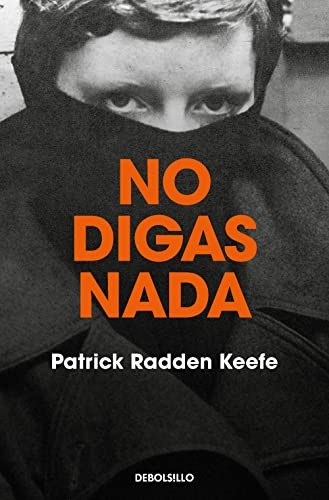Ojārs Kapteinis reviewed Say Nothing by Patrick Radden Keefe
The Price of Hatred
5 stars
The book is very exciting and engrossing because it is filled with events driven by anger and hatred. These emotions have so thoroughly consumed people's minds that they lose sight of the causes of injustice and oppression. Consequently, they no longer discriminate in their means to achieve their 'goal,' and those around them are not spared from their actions.
On the other hand, in old age, when they must answer for what they have done, they try to cleanse their consciences by hiding under the guise of the 'great goal.' The former freedom fighters and neighbor shooters have become cowards, preoccupied with their own lives.
The book is very exciting and engrossing because it is filled with events driven by anger and hatred. These emotions have so thoroughly consumed people's minds that they lose sight of the causes of injustice and oppression. Consequently, they no longer discriminate in their means to achieve their 'goal,' and those around them are not spared from their actions.
On the other hand, in old age, when they must answer for what they have done, they try to cleanse their consciences by hiding under the guise of the 'great goal.' The former freedom fighters and neighbor shooters have become cowards, preoccupied with their own lives.

